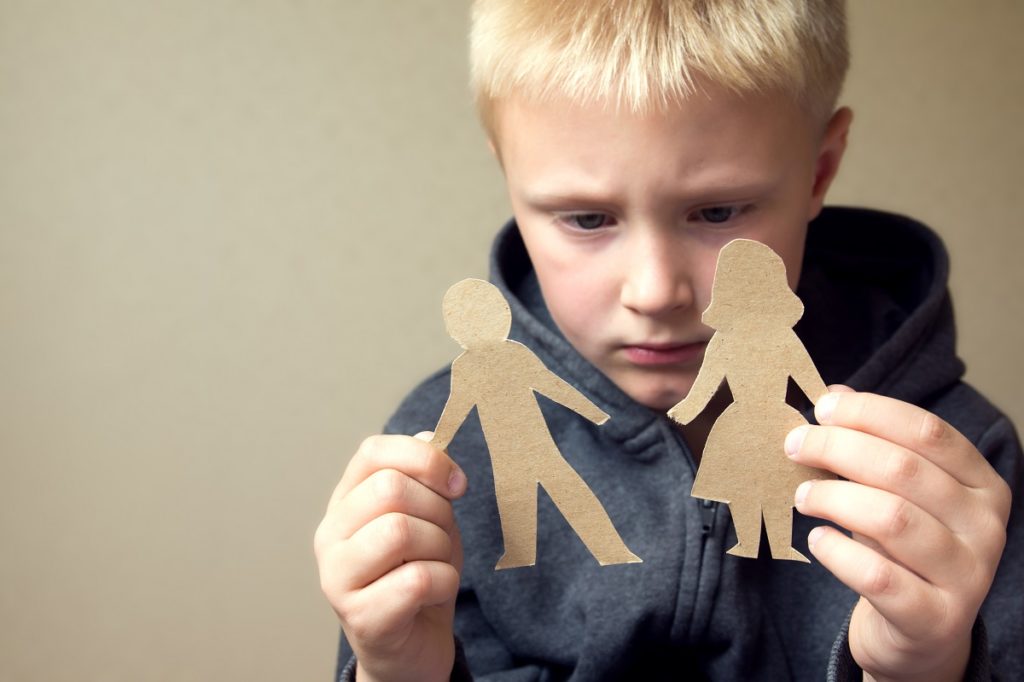Are you noticing something different with your child? Does he act differently for the past few days? Have you noticed any changes with his or her appetite?
These are only a few of the things that most people with depression go through each day. Most kids often have days when they feel lonely, sad, or even pessimistic. But if you see your child being hopeless for quite a few days and it is already affecting their relationships, there’s a chance that he or she may be suffering from depression. But is it really possible for your child to suffer from it even at a young age?
How to Tell If Your Child is Depressed
If you’re worried that your kid may be depressed, then you are not alone. Experts say that one out of every five kids deals with mental health issues at some point in their lives. Many children who often experience sadness share similar traits to adults diagnosed with depression.
A few signs that a child is suffering from depression include irritability or continuous feelings of hopelessness. They also show signs of social withdrawal and an increased fear of rejection.
Meanwhile, others suffer from lack of sleep or oversleep because of it. Some also feel the insatiable need to cry. They also have trouble concentrating and even experience physical complaints that don’t get resolved when treated.
What’s complicated about depression in children is that not everyone shows these symptoms. Most kids would display various symptoms at different times and in varying scenarios.
Understanding Depression in Children
 Similar to adults, various factors can cause children to experience depression. It can be a combination of life events and physical health. Their environment, as well as their family history, can also play a role. Remember that depression isn’t something that will go away just because you want it to. It’s crucial to intervene in its earlier stages to prevent it from getting worse.
Similar to adults, various factors can cause children to experience depression. It can be a combination of life events and physical health. Their environment, as well as their family history, can also play a role. Remember that depression isn’t something that will go away just because you want it to. It’s crucial to intervene in its earlier stages to prevent it from getting worse.
It’s best to go to family counseling in Sandy, Utah, to get an accurate assessment of your child’s condition. They will also perform a mental health evaluation to see if additional psychological testing is necessary.
There aren’t any precise tests that will tell if a child has depression or not. But using questionnaires and personal information can be beneficial in getting a more accurate diagnosis. Sometimes, going through sessions can also help uncover any issues that can affect their mental health.
Can Depression in Children Be Treated?
Similar to adults, several treatment options are also available for kids. Experts may recommend psychotherapy first before they consider giving antidepressant medicine. But as parents, your response to your child’s condition can make a huge difference in their recovery.
Watch Out for the Signs
As a guardian, it’s easy to dismiss what a child may be going through. But if you notice any signs of depression, it’s crucial to ask for help immediately. At the same time, it’s also important to educate yourself about the effects of depression on your child, especially once they hit the adolescent stage and even up to adulthood. Doing so will help your kids become emotionally healthy as they grow.



